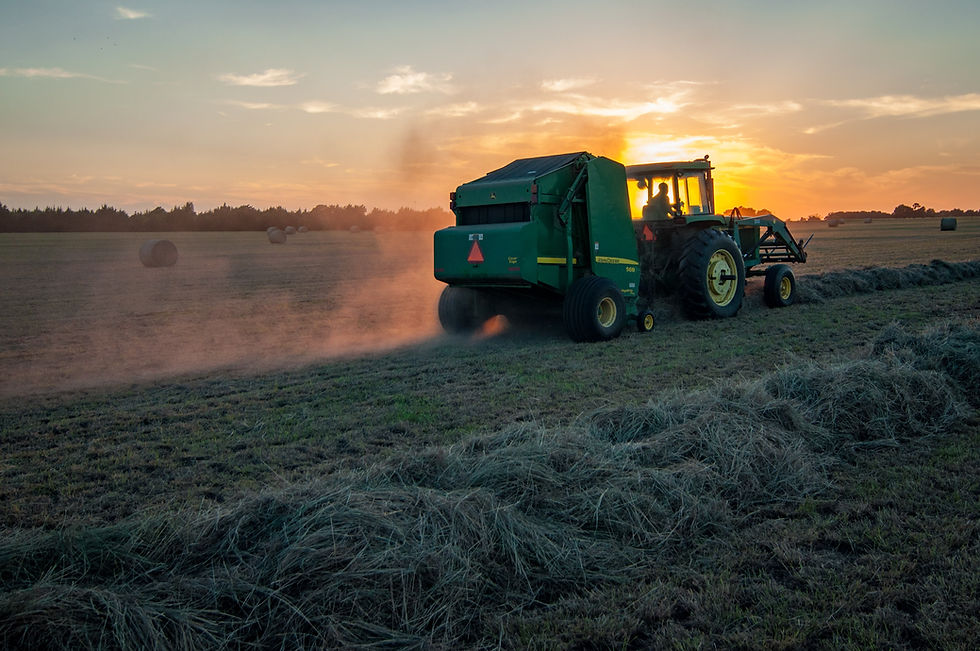Paramedics issue new high stakes threat over pay deal
- Flow Australia
- Nov 16, 2023
- 3 min read
NSW paramedics have upped the ante in their pay battle, threatening to go 'nuclear' by letting their registrations lapse as the state heads into festive season.

Paramedics angry over rising expectations and sluggish pay are threatening to take the 'nuclear option' by refusing to renew their registrations, making it illegal for them to work.
The novel industrial action comes as Health Minister Ryan Park on Wednesday unveiled a trial embedding ECMO cardiac bypass machines in ambulances.
The Health Services Union says nearly one in three NSW paramedics - more than 1500 - have pledged to boycott professional registration, which is due for renewal by December 1.
That would make them little more than ambulance drivers and leave the state desperately short of paramedics able to handle patients.
"Absolutely, this is a nuclear option," union state secretary Gerard Hayes told reporters.
"It's an option we do not want to take, but we have done 18 months worth of working, explaining, showing it is a profession now ... and they're not being remunerated for it."
If paramedics carry out the threat they will have a one month grace period to register, meaning their ability to work will expire on December 31, leaving the Minns Government with an unwelcome New Year's Day hangover.
NSW paramedics want their pay to reflect the sums on offer in other states.
Paramedics want pay realigned to reflect the sums on offer in other states - as has happened for NSW teachers - having fallen behind their counterparts and watched trainees poached by Queensland and Victoria.
"In the last six months we have probably lost about 600 paramedics to other states and we are expecting in the next six months we will lose the same number," Mr Hayes said.
To stop the exodus the union wants pay parity with Queensland paramedics who are paid about 20 per cent more, depending on their grading.
Mr Hayes said senior paramedics were capable of performing intubations at the scene of car accidents, "something an anaesthetist does in surgery".
Such early interventions not only saved lives but also huge amounts of cash for the state's health budget, he said.
Wage rises were capped under the previous coalition government, throttling unions' ability to negotiate on pay.
While Labor has scrapped that cap, its offer of a four per cent wage rise to all public-sector workers is unpalatable to paramedics aligned to both the HSU and rival union the Australian Paramedics Association.
Mr Park said he was confident of striking a deal but he was wary of the potential impact of the threatened action.
"I'm not going to pretend that if 1500 paramedics weren't able to fully carry out their functions, that wouldn't put a strain on the system," he said.
"We're working on those contingencies, but more importantly ... we're continuing to have those discussions with the Health Services Union and employees around how we get to a resolution."
The health minister on Wednesday launched a trial to put cardiac bypass machines in selected ambulances.
NSW has begun a trial embedding ECMO cardiac bypass machines in ambulances.
While a similar program was carried out in Victoria earlier this year, NSW says the staffing model in its trial is a world-first.
Critical care paramedics would work alongside specialist pre-hospital critical care doctors in a dedicated vehicle to treat cardiac arrest patients.
Mobilising ECMO has the potential to increase the survival rate of some patients in cardiac arrest from less than five per cent to around 30 per cent.
Westmead Hospital, Royal Prince Alfred Hospital and St Vincent's Hospital in Sydney are participating in the trial by receiving patients who have been put on ECMO by NSW Ambulance.






Comments